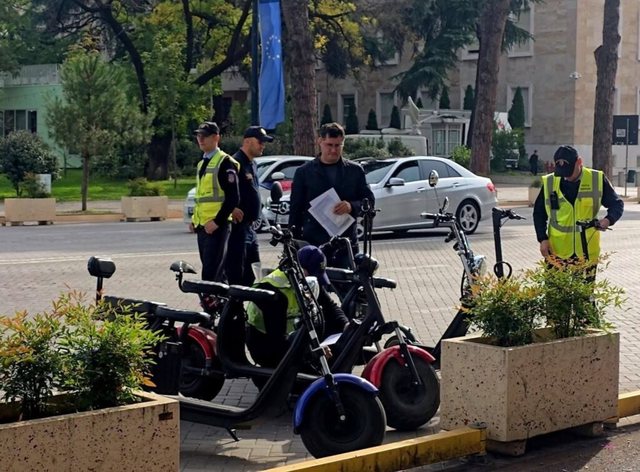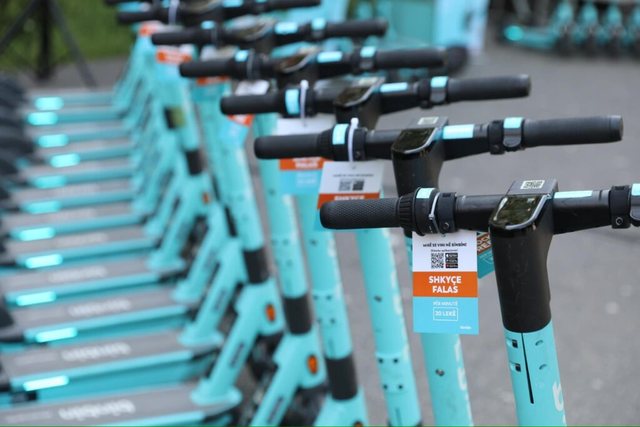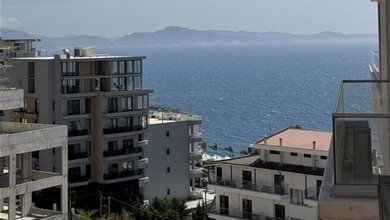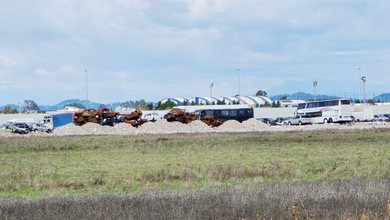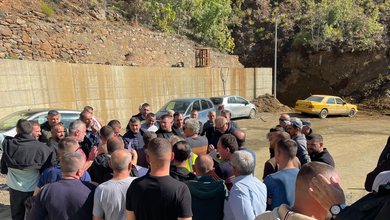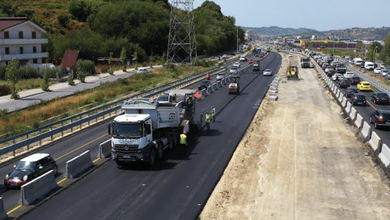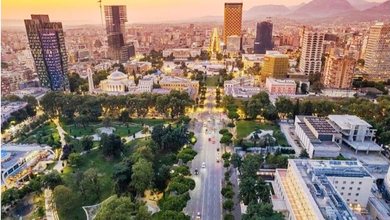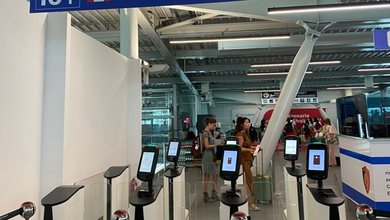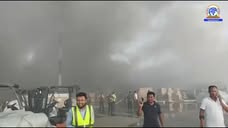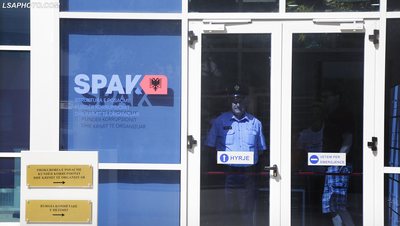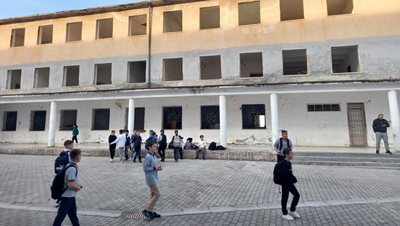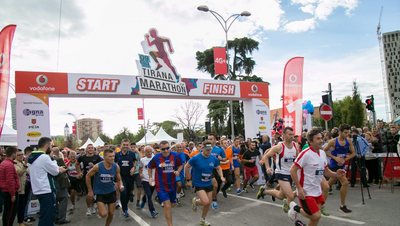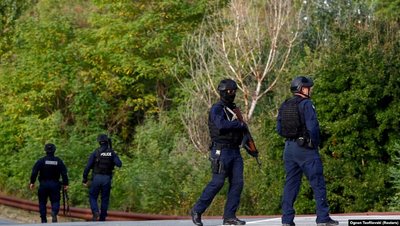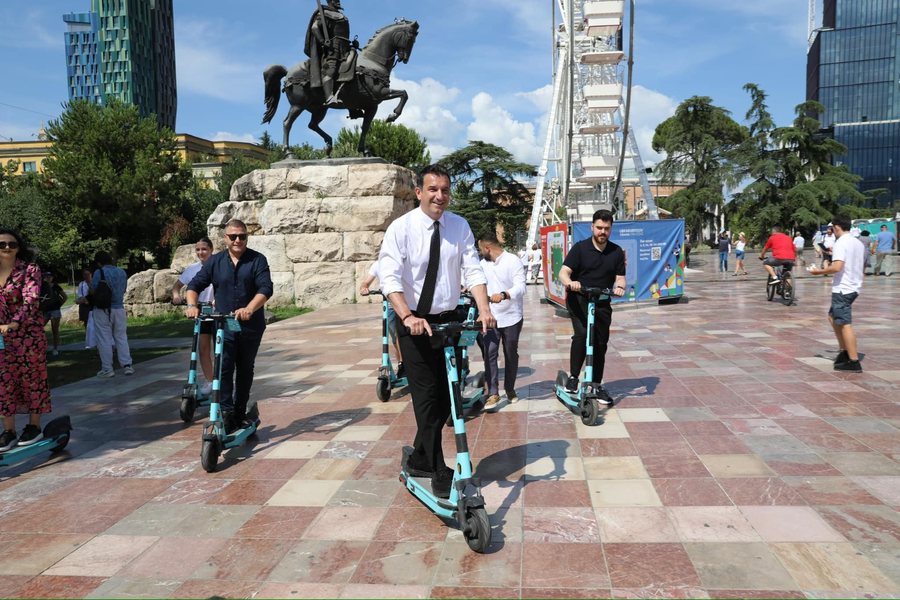
A year ago, Mayor Erion Veliaj, riding an electric scooter, promoted the use of these vehicles as part of a friendlier, ecological, and innovative Tirana.
"This vehicle is 100% clean. It is a working vehicle, not an acrobatic one, that can ease traffic and provide faster and more sustainable movement for all citizens," Veliaj emphasized.
A year later, we went from promoting electric skateboards to banning them.
With a sudden announcement, on Sunday, October 12, at 12:05 pm, the Minister of Internal Affairs, Albana Koçiu, announced that as of this Monday, the circulation of electric skateboards on the streets is temporarily prohibited.
"Today I have asked the State Police to temporarily prohibit the circulation of electric skateboards on the road," declared Koçiu.
The announcement was initially published on social media and then spread by the media, leaving citizens less than 12 hours to be informed about the sudden decision.
The director of the State Police, Ilir Proda, also appeared alongside the minister, asking for citizens' understanding of this process.
But the citizens did not show understanding. Because no one can understand a decision that they learn about after it has become a fact, or 12 hours before, eight of which were most likely hours of sleep.
Uninformed citizens
This Monday found most electric skateboard users uninformed.
On the streets of Tirana, amidst the usual early-weekend traffic, you could see skateboarders continuing their journey as usual.
Some of them, after being stopped by checkpoints set up on several main roads, saw their vehicles seized. Others, even though they were aware of the stop, had not been able to find alternative solutions to get to work or school.
In a city where public transportation remains a chronic problem, skateboarding is seen as an economic and practical daily 'salvation'.
At the same time, it is a fact that the use of skateboards has become a serious concern for road safety. Many of them are used without helmets, on sidewalks or car lanes, often by minors, significantly increasing the risk of accidents. The lack of dedicated infrastructure and the lack of clear rules have created a chaotic situation where, instead of a solution, each party remains unprotected.
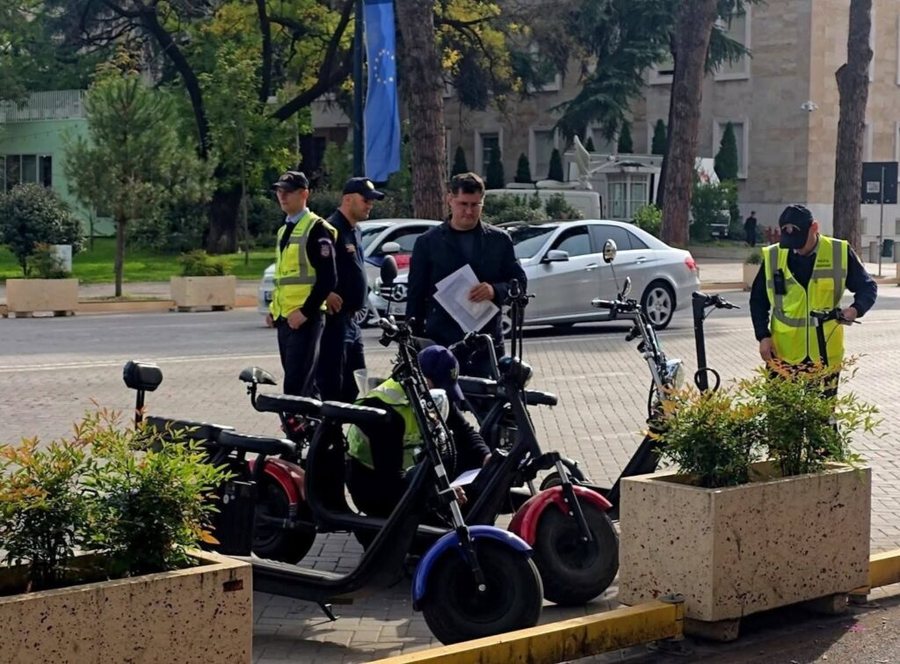
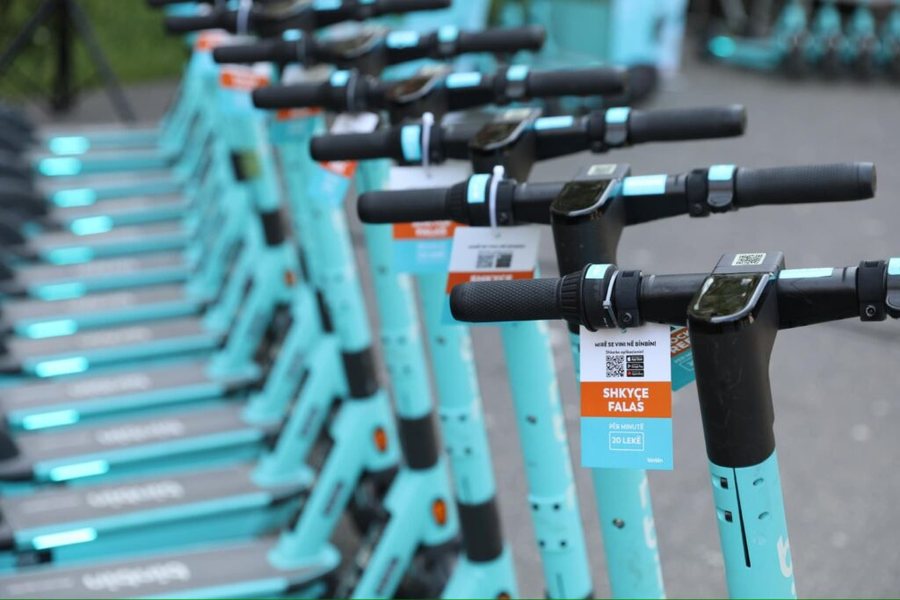
When lockdown replaces politics
Migen Qiraxhi, an activist with the Civic Resistance and one of the first users of skateboards in Tirana, sees this decision as a symptom of a chronic state inability to regulate, hence the ban.
"Since the state cannot enforce three rules – helmet, vehicle registration and age limit – tomorrow the new scooter entrepreneurs will go to work to break lease contracts and run to banks to wash the investment installment. For the users, which I include myself, I am not complaining that half of them are 'terrorists' on the road because of the way they ride," he says.
He further adds with irony: "It doesn't concern me that a country like ours, which boasts a Minister of Artificial Intelligence, does not draft a simple regulation for such an innovative and technological tool."
Economist Artan Gjergji, although not a user, calls the decision "another strange and ill-considered move," ironizing the government's tendency to solve every public problem with bans.
"So dear people, don't be fooled by the facade, but think things through more logically when supporting blocking policies for everything," he writes.
cONcluSiON
Minister Koçiu justified the ban with the 991 cases reported by emergency services, which according to her are "more than enough to immediately stop this dangerous innovation until a strict regulation is drafted."
She added that after the regulatory process is completed, the use of skateboards will only be allowed for personal use, not for rental or commercial activities.
"We will draft clear and enforceable rules for everyone. We will define the lanes, roads and spaces where skateboards can be used, as well as criteria for age, protective measures and permitted speed," the minister declared.
It is not yet known when the new rules will be ready, but until then it would be good for institutions to focus on informing and raising awareness among citizens.
Instead of an immediate ban, an intermediate process of information and awareness would have been fairer and more effective. Citizens should have had time to adapt, be informed and understand the rules that are expected to be implemented./Faktoje.al/


